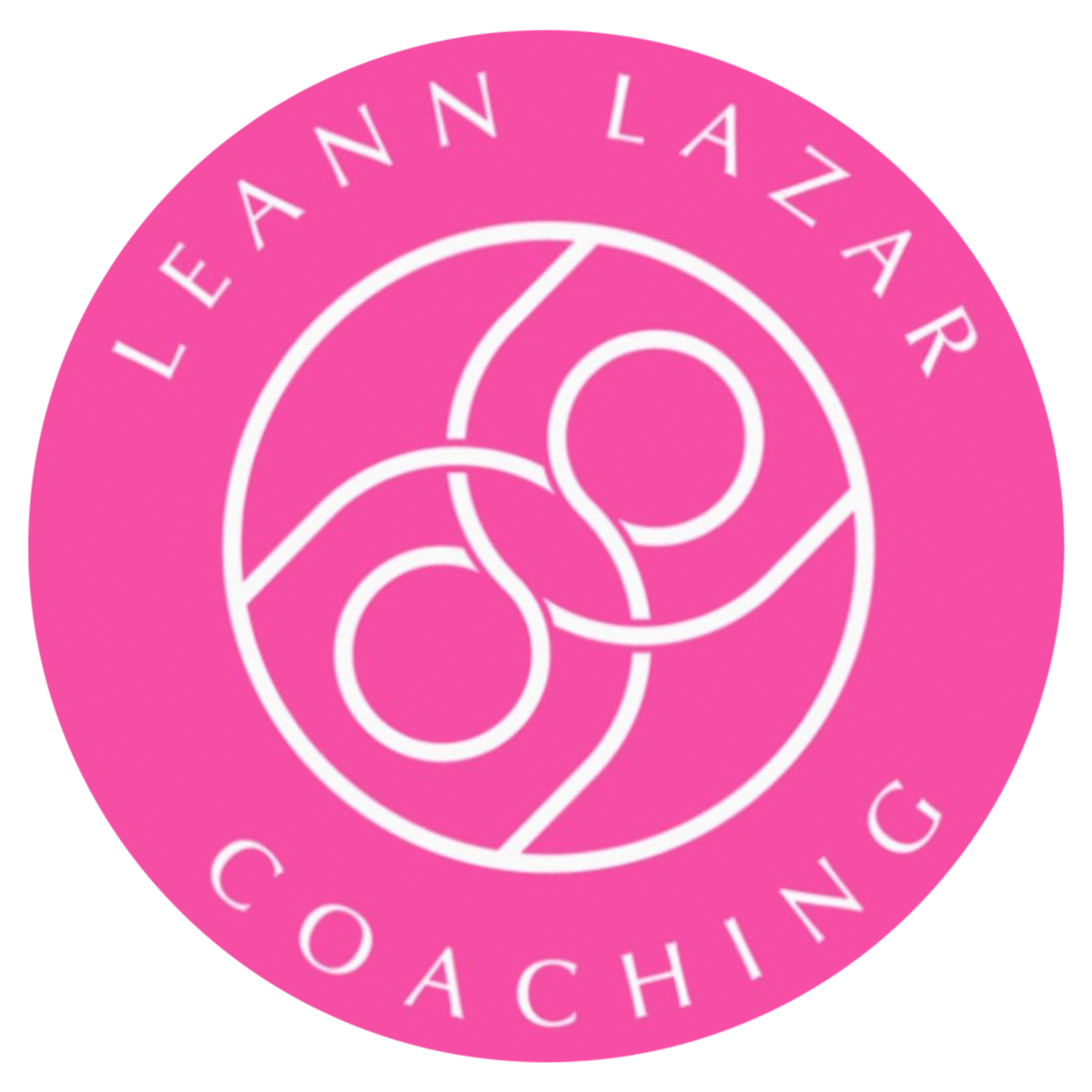The Secret to Rebuilding Your Life After Divorce: Emotional Resiliency Explained
In a world full of uncertainty and change, emotional resiliency is a skill everyone needs but especially those navigating major life transitions like divorce, burnout, or professional reinvention.
If you’re a business professional trying to rebuild after a personal setback, emotional resiliency isn’t just a concept. It’s your foundation for recovery, confidence, and long-term growth.
Let’s break down what emotional resiliency really means and how you can start building yours today.
What Is Emotional Resiliency?
Emotional resiliency is your ability to recover from stress, pain, or trauma while staying emotionally balanced and grounded.
It’s not about pretending to be okay. It’s about responding to difficulty with self-awareness, strength, and compassion. It allows you to feel the emotions, process the setbacks, and still move forward.
Resilient people aren’t born, they’re made. And it starts by understanding the three pillars of emotional resiliency.
The 3 Pillars of Emotional Resiliency
1. Physical Resiliency
Your emotional health is directly influenced by how you treat your body.
Nourishment: Eating balanced, whole foods helps regulate your mood.
Movement: Daily movement, even light walks, boosts emotional clarity.
Rest: Sleep and downtime allow your nervous system to reset and restore.
When your body is taken care of, your mind becomes stronger and more stable.
2. Mental & Emotional Resiliency
This pillar is all about your internal world—your thoughts, self-talk, and emotional intelligence.
Are you constantly judging yourself?
Do you believe in your worth, even when life falls apart?
Are your thoughts kind and empowering, or critical and draining?
Working on your mental resiliency means shifting from self-judgment to self-compassion, and from doubt to confidence.
3. Interpersonal Resiliency
Who you surround yourself with matters. Resilience is stronger when you have support.
Lean on friends, family, or coaches who listen and uplift you.
Build connections that allow space for honesty and healing.
Set boundaries with people who drain your emotional energy.
No one heals in isolation. Interpersonal resiliency reminds you: you are not alone.
4 Strategies to Build Emotional Resiliency (Starting Today)
Here’s how to actively strengthen your emotional resiliency with tools you can use in everyday life.
1. Practice Self-Awareness
Begin by checking in with yourself.
Ask:
What am I feeling right now?
What triggered this emotion?
How is my reaction affecting me and others?
Awareness creates space between your emotion and your response. That space is power.
2. Commit to Persistence
Resilience is rooted in showing up for yourself again and again especially when it’s hard.
Keep your boundaries, even when people push back.
Continue healing, even when progress feels slow.
Stay aligned with your values, even under pressure.
You don’t need to be perfect. You just need to keep going.
3. Strengthen Emotional Control
Emotional control doesn’t mean bottling up your feelings. It means managing them with intention.
Try:
Pausing before reacting in a tense conversation.
Journaling when emotions feel overwhelming.
Taking a walk or breathing deeply before responding.
Your ability to pause is a muscle and the more you practice, the stronger it gets.
4. Embrace Flexible Thinking
Rigid thinking keeps you stuck. Flexibility helps you move forward.
Stay open to new perspectives.
Let go of beliefs that no longer serve you.
Allow yourself to change your mind, grow, and evolve.
Being flexible doesn’t mean losing who you are, it means becoming who you’re meant to be.
Why Resilience Matters After Divorce or Burnout
If you’re rebuilding your life after divorce or major transition, emotional resiliency is your anchor.
It helps you:
Reclaim confidence after rejection or heartbreak
Regain focus after losing direction in your career or relationships
Realign with a life that feels meaningful and true to who you are
At LeAnn Lazar Coaching, we specialize in helping business professionals like you rediscover your purpose, rebuild your emotional strength, and create the life you deserve.
Final Thoughts
Emotional resiliency is more than just bouncing back, it’s about bouncing forward.
By taking care of your physical health, rewiring your thought patterns, building supportive relationships, and applying tools like self-awareness and flexible thinking, you create a more empowered version of yourself, one that doesn’t just survive life’s storms but grows stronger through them.
